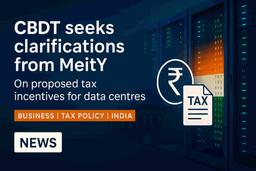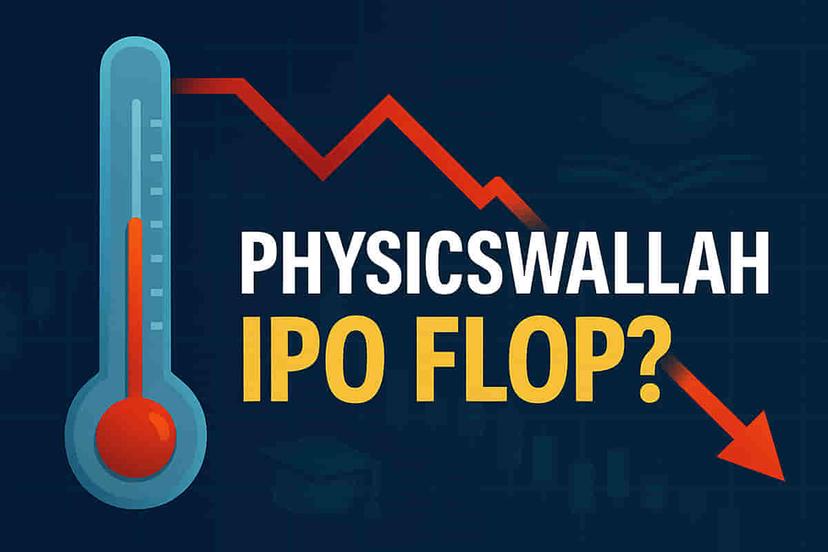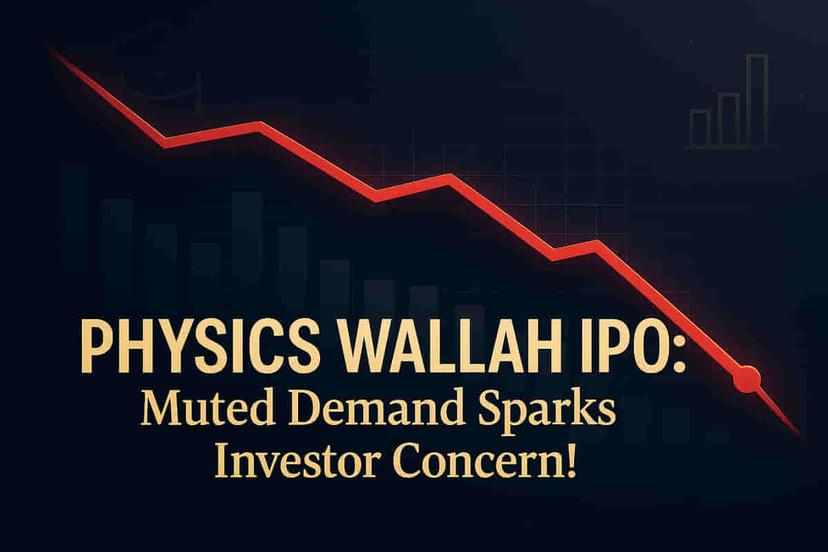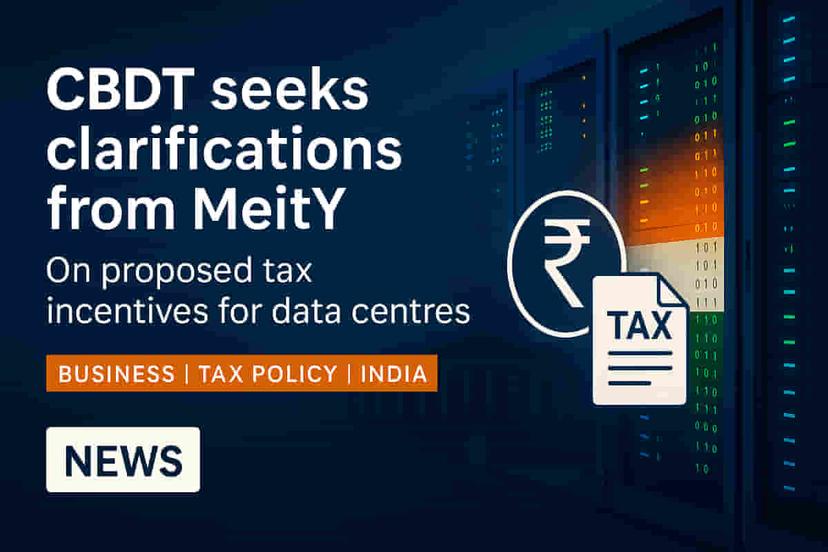AI Energy Boom: Old Guard Falters as New Power Players Surge!
Industrial Goods/Services
|
Updated on 13 Nov 2025, 07:26 am
Reviewed By
Akshat Lakshkar | Whalesbook News Team
Short Description:
Detailed Coverage:
The booming demand for electricity driven by Artificial Intelligence (AI) is causing a significant shift in the energy investment landscape. Initially, companies owning power plants (Constellation Energy, Vistra) and manufacturing large turbines (GE Vernova, Siemens Energy) were the primary beneficiaries. However, their stock performance is now leveling off or declining as investors seek new opportunities.
A new wave of companies is emerging as critical players. These include industrial giants like Caterpillar and engine maker Cummins, oil services firms such as Baker Hughes, Liberty Energy, and ProPetro Holding, and alternative-energy specialist Bloom Energy. They are capitalizing on the urgent need for speed and flexibility in powering data centers. Tech companies like Microsoft are facing challenges securing enough electricity quickly, with CEOs highlighting access to power as a major bottleneck.
This shift is also influenced by political concerns over electricity inflation. To address this, there's a push for data centers to have on-site power generation, bypassing the traditional grid. This is where companies like Caterpillar, with its modular natural-gas turbines, and Cummins, supplying engines, come into play. While their units are smaller and less efficient than massive grid-scale turbines, they can be deployed rapidly. Meta Platforms and OpenAI's Stargate project are already utilizing Caterpillar's solutions. Cummins is also supplying engines to Digital Realty. Caterpillar is significantly boosting its production capacity.
Bloom Energy, with its fuel cell technology, offers another fast-deployment alternative, allowing data centers to "bring their own power."
Conversely, older leaders like GE Vernova and Vistra have seen their stocks dip. While some analysts suggest these dips might be buying opportunities, and others point to their expertise in stable power generation, the market is clearly favoring faster, on-site solutions for now.
Impact: This news has a moderate impact (6/10) on the Indian stock market. The global theme of AI-driven infrastructure demand is a significant trend. Indian companies involved in power generation, industrial equipment manufacturing, and technology infrastructure could see indirect benefits or increased competition as global investment patterns shift. The focus on energy security and rapid deployment is a critical consideration for India's own growing data center and industrial needs.
Difficult Terms: * Data Centers: Facilities that house computing infrastructure, such as servers, storage, and networking equipment, to support digital operations. * Electrons: In this context, 'electrons' is a simplified term for electrical energy or power. * Turbines: Machines that use a rotating assembly of vanes or blades, driven by a fluid (like gas or steam), to generate mechanical power, which can then be converted into electricity. * On-site Power Sources: Generating electricity at the location where it will be consumed, rather than drawing it from a distant public utility grid. * Baseload Generation: The minimum level of demand on an electrical grid over a span of time. Baseload power plants are designed to run continuously. * Fuel Cells: Electrochemical devices that convert chemical energy from a fuel (like hydrogen) into electricity through a chemical reaction with an oxidizing agent. They function like batteries but can produce electricity as long as fuel is supplied.
Tech Sector

PhysicsWallah IPO Final Day: Retail Rushes In, But Big Investors Stay Away! Will It Survive?

Physics Wallah IPO Faces Investor Skepticism: Will This EdTech Giant's Debut Be a Dud?

India's Data Center Tax Boost: CBDT Seeks Clarity, Investors Watch!

Groww's Parent Company Rockets Towards ₹1 Lakh Crore Valuation! Massive Stock Surge Post-IPO!

DeFi Disaster: $4.9 Million VANISHES in HYPERLIQUID Token SHOCKWAVE – What Really Happened?
Real Estate Sector







